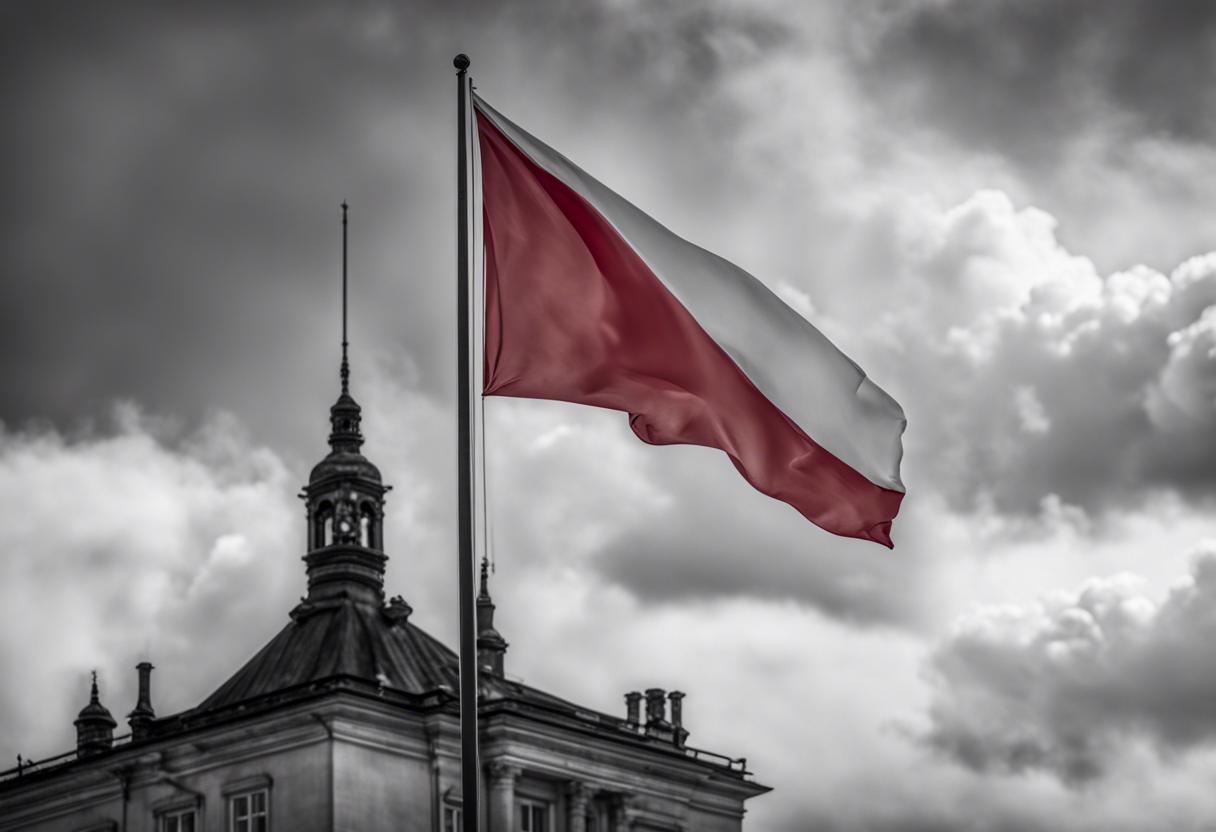Poland’s leadership emphasised the significance of robust defence amid the ongoing conflict in their bordering nation, Ukraine, and the need for reparations during the sombre 85th commemoration of the invasion and bombardment of Poland by the German Nazi forces, marking World War II’s inception.
The town of Wielun, the first civilian casualty of the German air strikes in the wee hours of September 1st, 1939, saw sirens blaring and a poignant bell ringing for the memorial attended by Poland’s President Andrzej Duda and German deputy ambassador Robert Rohde. The attack had tragically resulted in approximately 1,200 casualties and initiated around 4.40am, according to eyewitness accounts.
President Duda expressed his position, recognising Poland’s forgiveness despite the prevailing pain and the significant number of people who are still scarred by the German atrocities. He further called upon Berlin to make reparations.
In another event, the Polish Prime Minister, Donald Tusk, and Defence Minister Wladyslaw Kosiniak-Kamysz, paid tributes at a monument on the Westerplatte peninsula along the Baltic Sea. Here, a German warship had shelled a military post just minutes after the assault on Wielun, the outpost’s outnumbered soldiers held out for seven days before yielding, earning national acclaim for their bravery and loyalty.
Prime Minister Tusk sincerely noted the current resurgence of conflict in the region, referencing the Russian invasion of Ukraine that has been underway since 2022. He urged the nations, particularly Germany, to remember that superficial gestures of reconciliation and expressions of guilt are insufficient. He advocated the organisation of Europe, NATO, and the entire western world to prepare a defence against the type of aggression currently witnessed in Ukraine, symbolising true lessons learned from history.
In a recent address, Mr Tusk stated, “Instead of saying ‘Never again’, we must assert ‘Never again alone’ today.” He confirmed that Poland is committed to enhancing the collective power and unity of NATO and the European continent through the establishment of what he claims to be Europe’s most advanced and potent army. The aim, he said, is not just to defend their civilisation but also to eliminate any chances of risk to their nation.
Under the harsh conditions of the war and the merciless German rule, Poland suffered the loss of six million citizens, including three million Jews, which equates to a sixth of its total population. The nation’s infrastructure, agricultural output and industrial strength went through substantial destruction during this period.
The previous government of Poland, which held right-wing beliefs, claimed nearly €1 trillion from Germany as damage reparations. However, Mr Tusk’s modern administration has been more moderate, seeking some kind of reimbursement that could also function as a bridge to enhance relations between the neighbouring countries.
Germany, on the other hand, maintains that the topic of damage reparations is resolved and that payments have been made to the Eastern Bloc guided by Moscow post the war, a claim which Warsaw disputes, asserting it received no portion of these payments.
During a recent gathering in Wielun, Poland’s president proclaimed that forgiveness and acknowledging guilt was one thing, however, reparation for the destruction caused is a separate issue, and one that he believes is yet to be resolved.

